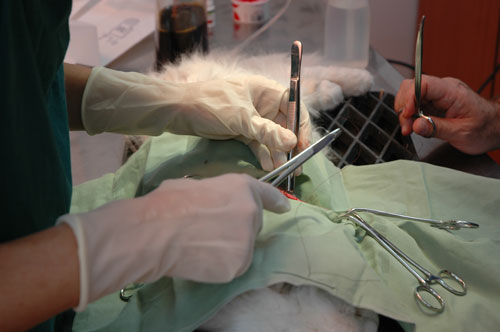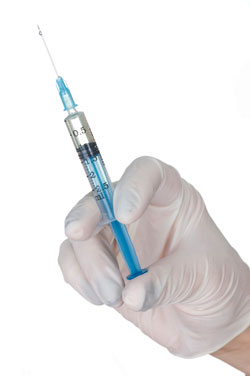Anesthesia and Patient Monitoring
Home » All Services » Anesthesia and Patient Monitoring
Anesthesia and patient monitoring varies greatly among clinics. When you choose your veterinarian, be sure to question the types of anesthetics used and the protocols for monitoring anesthesia.
Often the more expensive anesthetics are safer to use; however, anesthetics are also chosen for other reasons including their ability to control pain. We strive to make every anesthesia a safe one.
We monitor our patients to keep them as safe as possible during procedures that require general anesthesia. A veterinary technician will continually assess your pet’s heart and respiratory rate, blood…
Tranquilization or sedation is used to calm an animal under various conditions. The animal remains awake or may ‘sleep’ but is easily aroused when stimulated. Pet owners frequently request sedation…

A general anesthetic results in a loss of consciousness in the animal and a loss of sensation throughout the body. Most general anesthetic procedures involve several steps beginning with the…

Local anesthetic causes a loss of sensation to a specific area. Small surgical or diagnostic procedures may require a local anesthetic. A skin biopsy or a small tumour removal are…
We have the ability to treat severe pain, either surgically or medically related with Constant Rate Infusions (CRIs). These allow us to administer strong opioids through an IV continuously and…


